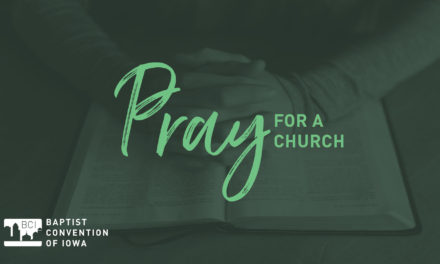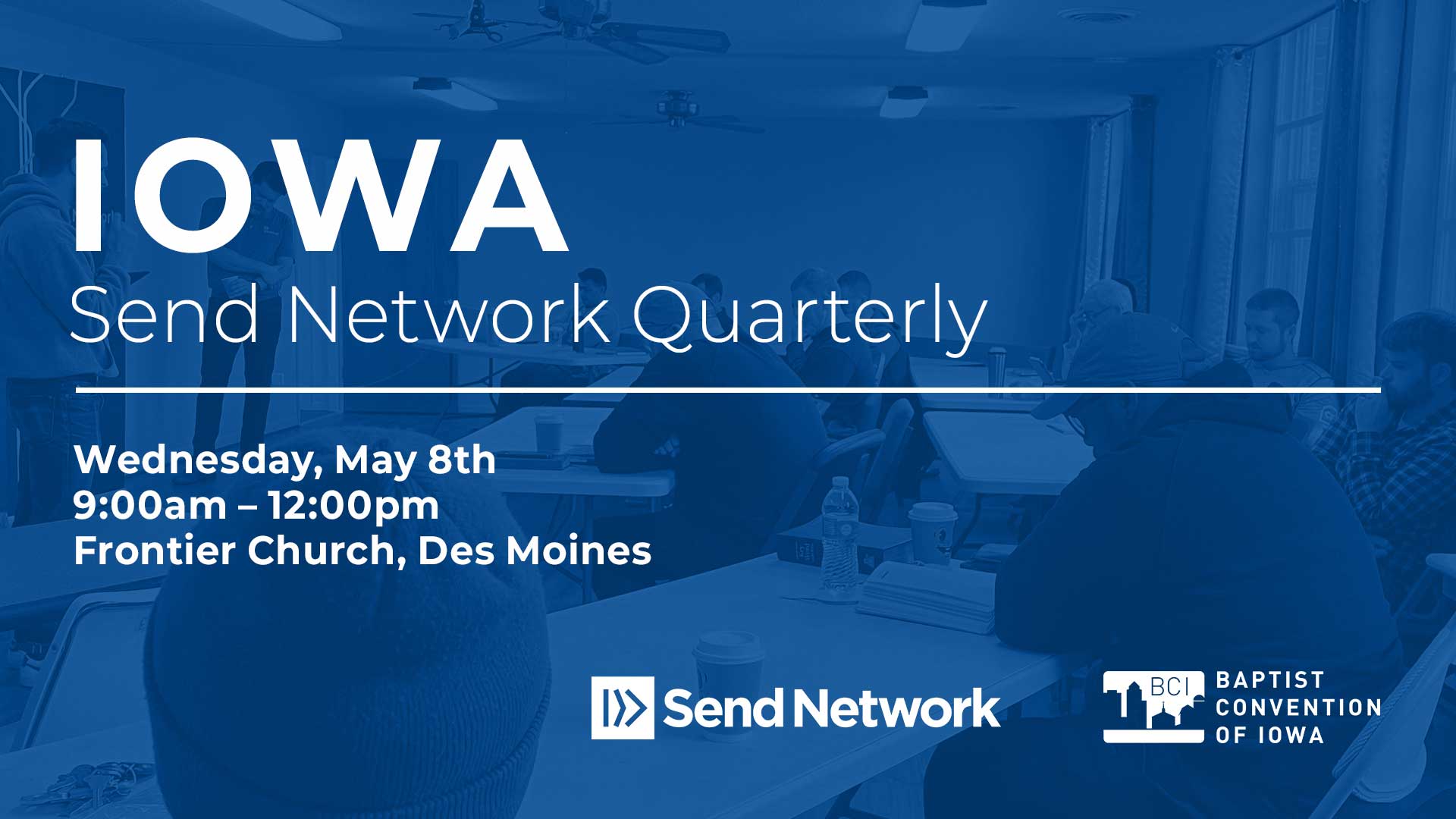By Kate Gregory
Hi! I’m the new Carlos,” Wilfrid Brunache jokes as he introduces himself. “Carlos is my mentor. He’s training me.”
When IMB missionary Carlos Llambes, founder of the Dominican Baptist Convention’s church- planting institute, moves to Mexico City this March, Wilfrid will take Carlos’ place as the convention’s director of ethnic ministries and coordinator of the institute’s regional network of church planters.
Born in Haiti but raised in the Dominican Republic, Wilfrid is fluent in French Creole and Spanish, as well as English, having worked as an English teacher in schools and churches. That means he can communicate fluently with Spanish-speaking Dominicans, Creole-speaking Haitians and U.S. churches partnering with the church planters.
His background has made him a fit for his leadership role, but he has only come to see it as a blessing in the past few years.
He didn’t come to the Dominican Republic from Haiti by choice. He was stolen from his family when he was a baby and taken across the border.
”The lady who took me never had a baby, and she wanted one,” Wilfrid says. He didn’t find out that she wasn’t his biological mother until he was 8 years old.
That revelation threw his life into chaos, but it also made some things fall into place. He didn’t feel like he had fit into that family and hadn’t been happy with them. It wasn’t a healthy home environment.
At age 14, Wilfrid ran away to the Dominican capital city of Santo Domingo to live on his own. He went there because he didn’t know how to find his family in Haiti. A Christian family in Santo Domingo took him in and led him to the Lord.
In 2006, he located and reunited with his birth family in Haiti, including his eight brothers and four sisters.
“When my dad saw me, he started crying,” Wilfrid recounts. “He thought I was dead. My mother died before I met her.

“I was very hurt by it all,” he says. “The family that had raised me had taken me away. It was hard, but I eventually forgave them. I learned from the Bible that I have to forgive them.”
When Wilfrid found out that the woman who had stolen him had fallen onto hard times after separating from her husband and moving back to Haiti, he decided to help provide for her financially.
Still living in Santo Domingo, he visits both sets of family when he can afford it. But he’s given up jobs teaching English in order to devote his efforts fulltime to church planting.
“I realized by reading the Bible God’s plan for my life,” Wilfrid says. “God’s plan for me is to be here starting churches.”
Missionary Carlos knows that Wilfrid’s background as a teacher will be an asset to his new role of discerning church planters’ skill sets and developing them.
“Church planting is a relay race, and this is the hand off,” Carlos says of the transfer of leadership from a missionary to a national believer. “Wilfrid has a missionary heart and will do the same as he teaches others what he has been taught.”
Carlos’ teaching is simple — plant churches, develop leaders and disciple local churches to do the same thing. He calls this “the missions menu” to stress the importance of staying focused on these three things and not adding distractions to this goal.
“Everything we do, we are to uplift and support the local church, to follow-up with them and help them reach their communities,” Wilfrid says.
“In visiting the churches and knowing the pastors, I try to hear their situations and problems,” he says. “We can’t resolve them all, but it’s good to hear them out, to pray with them and try to help them. I’ve learned to try to be an encouragement to them. They might not see anything happening at that moment, but for them to know that God is working and to rely on that.
“And, I’ve learned that if someone says, ‘I want to start a church,’ say, ‘Go!’”
Carlos has taught the church planters, “With Jesus in your heart and the Bible in your hand, you have all you need to start a church.”









